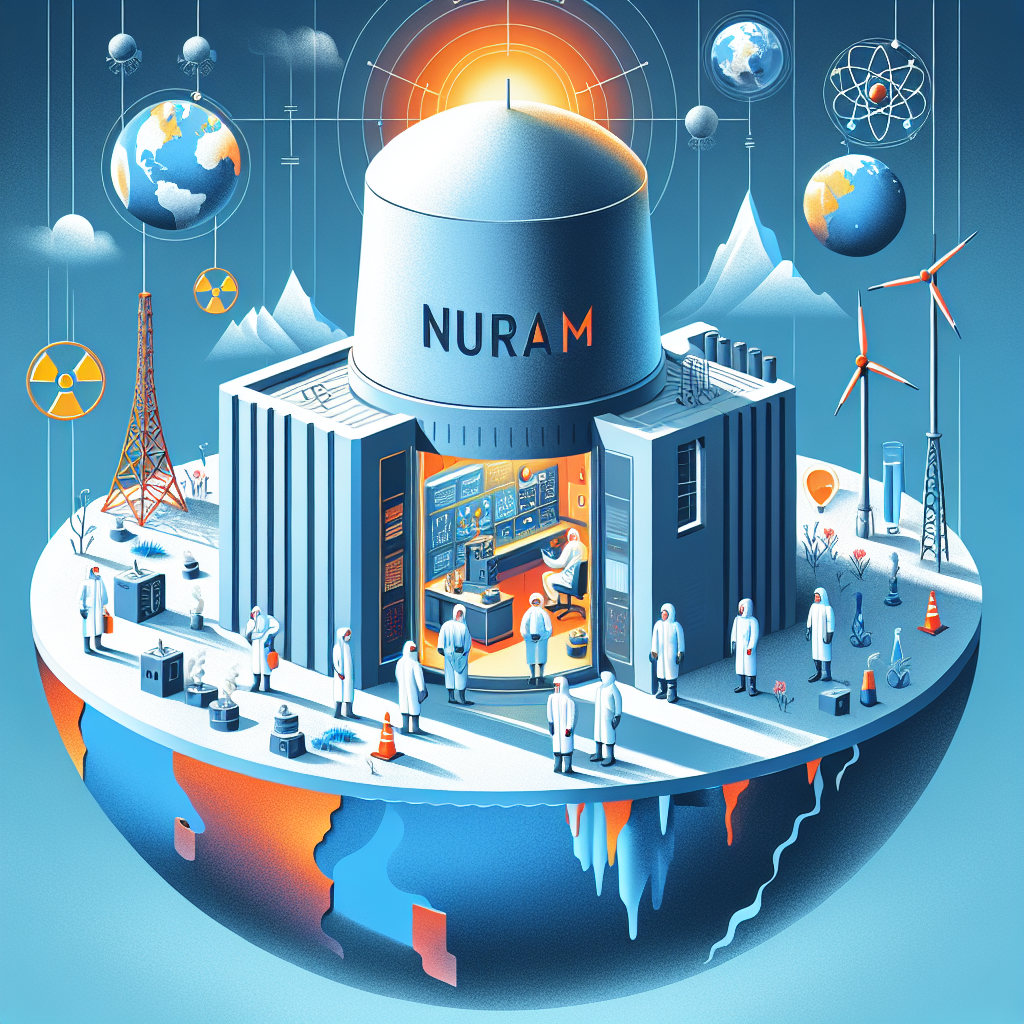The University of Michigan is at the forefront of climate change research, with numerous labs and researchers dedicated to finding solutions to this global challenge. One such lab is the Nuclear Reactor Analysis & Methods (NuRAM) lab, which focuses on nuclear energy as a sustainable source of power. Led by assistant professor Brendan Kochunas, NuRAM is funded by the U.S. Department of Energy and works towards advancing computational methods for simulating and analyzing nuclear reactors.
The Department of Energy has identified nuclear power research as a top priority, and NuRAM’s projects reflect this. One of their current projects is focused on creating faster simulations of nuclear reactors, which would greatly aid in the design process and make it easier and more cost-effective to build and test reactors. This is especially important as nuclear reactors do not produce carbon dioxide or emit air pollution, making them a promising solution for reducing greenhouse gas emissions.
Andrew Panter, a Rackham student in the NuRAM lab, explained the significance of their work in modeling reactors. By using computer simulations, they can better understand and improve reactor designs without the need for costly and time-consuming physical testing. This not only saves time and money, but also allows for more iterations and improvements in the design process.
Overall, NuRAM’s research has the potential to greatly advance the use of nuclear energy as a sustainable source of power. By developing faster and more accurate simulations, they can help create more efficient and cost-effective nuclear reactors, which could play a significant role in mitigating the effects of climate change.

